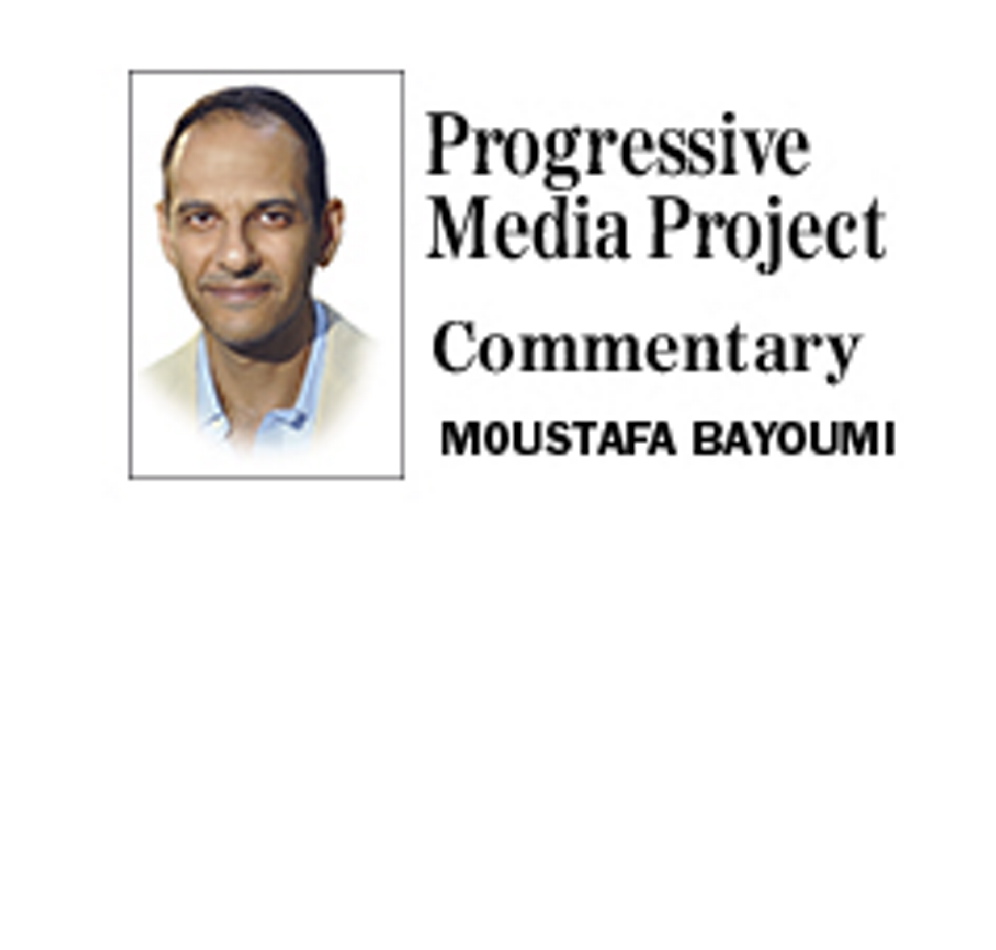With its war on Gaza, Israel has lost support among many people in the United States.
A Gallup poll from late July found that 42 percent of Americans thought “Israel’s actions against Hamas” were justified, while a close 39 percent felt they were unjustified.
But the results with 18-to-29-year-olds tell a very different story. A majority of these young people (51 percent) said Israel was unjustified, with only 25 percent believing Israel’s actions were justified.
Likewise, 49 percent of nonwhite Americans withheld support for Israel’s campaign, and only 25 percent supported it. A Pew poll from the same period found similar results.
One reason is the massively disproportionate death toll. Israel’s offensive killed more than 400 Palestinian children, according to the United Nations. This undermined Israel’s argument that this was a reluctant, surgical war of self-defense.
Another reason is that young people consume their news differently than older generations. A 2013 study by Pew found that 71 percent of 18-to-29-year-olds cite the Internet as a main news source.
Traditional American media outlets gave a platform to one Israeli spokesperson after another, and had few Palestinians on their talk shows.
But Twitter users could follow 16-year-old Farah Baker as she live-tweeted the bombing of her neighborhood in Gaza.
Also on Twitter, the hashtag competition between #GazaUnderAttack and #IsraelUnderFire was not even close. The Gaza one was used 17 times more, according to The New York Times.
Twitter is a global platform, so these are not exclusively American numbers. But young Americans who use Twitter are more likely to be exposed to the global consensus, which is critical of Israel’s actions.
On college campuses, the cause of Palestinian rights has been gaining support in recent years. Last year, the American Studies Association voted to endorse an academic boycott of Israeli institutions until Israeli human rights violations end. During Israel’s war on Gaza, the African Literature Association joined the same call.
Younger Jewish-Americans also have decreasing identification with the state of Israel, whose leaders have become more bellicose and intransigent. As Peter Beinart wrote in an influential piece in the New York Review of Books: “For several decades, the Jewish establishment has asked American Jews to check their liberalism at Zionism’s door, and now, to their horror, they are finding that many young Jews have checked their Zionism instead.”
The political sands are shifting in the United States. Soon, Israel may not be able to count on reflexive U.S. support for its military assaults.
That may be what it takes to propel Israel to accept a negotiated settlement to this conflict, one that guarantees equal rights and security to everyone, Israelis and Palestinians alike.
It’s a settlement that is long overdue.
Moustafa Bayoumi, a professor of English at Brooklyn College, is author of “How Does It Feel to be a Problem: Being Young and Arab in America” (The Penguin Press). He wrote this for Progressive Media Project. It was distributed by MCT Information Services.
Send questions/comments to the editors.



Success. Please wait for the page to reload. If the page does not reload within 5 seconds, please refresh the page.
Enter your email and password to access comments.
Hi, to comment on stories you must . This profile is in addition to your subscription and website login.
Already have a commenting profile? .
Invalid username/password.
Please check your email to confirm and complete your registration.
Only subscribers are eligible to post comments. Please subscribe or login first for digital access. Here’s why.
Use the form below to reset your password. When you've submitted your account email, we will send an email with a reset code.